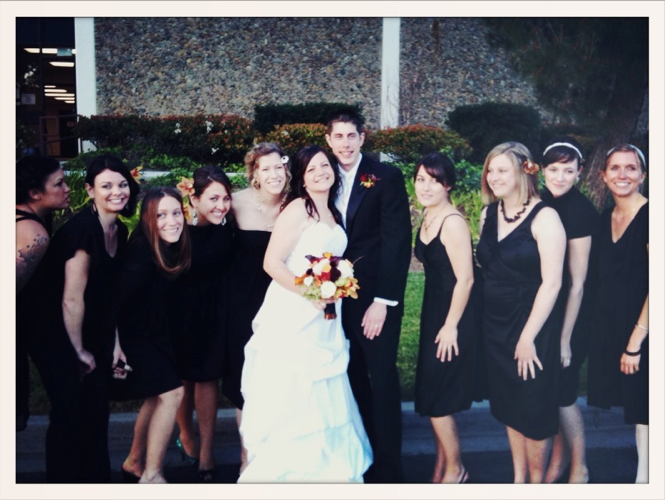Premillennial Timeline from Puritan Reformed on Vimeo.
Dispensational Premillennial Timeline from Puritan Reformed on Vimeo.
Postmillennial Timeline from Puritan Reformed on Vimeo.
Amillennial Timeline from Puritan Reformed on Vimeo.
Premillennial Timeline from Puritan Reformed on Vimeo.
Dispensational Premillennial Timeline from Puritan Reformed on Vimeo.
Postmillennial Timeline from Puritan Reformed on Vimeo.
Amillennial Timeline from Puritan Reformed on Vimeo.




Faith is how salvation takes place from start to finish, from justification to glorification. This is so true among all that know anything of the Bible, that to cite scriptures to prove it would be to light a candle to see the sun at noon. Instead of looking into ourselves, we look outward to Christ. We “behold the man upon the cross.” We look “upward and see Him there who made an end of all our sin.” One look to Christ packs a triple punch. It creates faith, it kindles faith, and it kills lack of faith. All of those describe the process of salvation. That is, it is by “beholding the glory of the Lord” that we “are being transformed into the same image from one degree of glory to another.”
And just as justification is inseparable with sanctification, so assurance and sanctification go hand in hand as well. Unless we’re justified we won’t be sanctified, and unless we’re sanctified we won’t have any assurance (or we shouldn’t!). BUT when we try to focus on our justification without the eye of faith on Christ, we actually can’t be justified! And when we try and focus on our sanctification without an eye to Christ we get legalism and condemnation- not newness of life. And when we try to focus on our assurance without an eye to Christ we get doubt and insecurity- not comfort or peace at all! This is because introspection breeds condemnation not salvation, on all levels of the saving process. Always looking to ourselves kills us. Getting stuck on ourselves always gets us stuck in the 'miry bog.' When we introspect concerning our justification it breeds condemnation. When we introspect concerning our sanctification it breeds condemnation. And when we introspect concerning our assurance it breeds condemnation too.
See when we are filled with doubts, concerning any of those things, we are only to look upon ourselves long enough to identify and acknowledge the unbelief, so that we can then look upon Christ to find reason to believe. In other words, we must not dwell on all the bad reasons for belief in us, but on all the good reasons for belief in Christ- not on the sinful clamor of our hearts, but on the awful cries of Calvary. Sure we can (and should) take a glimpse into our own hearts to ‘examine ourselves’, but we shouldn’t stay there. It’s ‘Looking unto Jesus” that both begets faith and strengthens faith. Looking to ourselves ought to only force us to look to Jesus. Because looking to ourselves only shows us where our lack of faith is so that we know what to look for in Christ. And so, really the best ‘examination’ of ourselves is what happens when we look to Jesus. Because the greatest evidence of a Christian is that He is one. In other words, the greatest evidence that a man is a Believer is that he believes! He cries, “Lord I believe! Help my unbelief!”
So when the doubting Christian comes to you saying, “I don’t know if I really believe. I am questioning whether I am really saved or not.” You should first ask them why they think that, and so identify the reasons for unbelief. But then, instead of always getting them bogged down with trying to discern whether or not they have any evidences of a divine and supernatural light elsewhere in their lives (and so just help them in their introspection), you should rather draw their gaze upward and outward to Christ, by identifying all the reasons for belief in Him. For instance you ask them, “You say you doubt you believe. Well do you believe Christ is able to save?” “Well yea. He’s the Son of God. He can’t fail. ‘The Lamb of God will receive the reward for his sufferings.’” “And do you believe Christ is willing to save?” “Yea, He wouldn’t have come to die for sinners if He weren’t.” “Then why can’t He be able and willing to save you? You may question your salvation, maybe rightly so, but saved or not, faith comes from believing in Jesus, not yourself. And if you can but believe in Him, that He is who He says He is and that He is therefore able and willing to save you, then I don’t know why you can’t call yourself a born-again Believer. After all, Believers are those who believe! Now let’s examine these sin issues that are causing you to doubt and figure out how to declare war on them by the Spirit…”
In other words, you preach the same gospel to the doubting Believer as to the Unbeliever. You point to Christ and say, “Believe!” And then when, as they look to Him, they find they do believe, you can confidently tell them that there’s no reason then that you can find why they can’t be a Believer. If they just keep on believing, if they just keep ‘Looking unto Jesus,’ all their unbelief will wither away! Not only their doubts as to their salvation, but their sins that are making them to doubt! Not only will unbelief in their own state evaporate, but so will the unbelief at the root of their sin die as well! When you “Turn your eyes upon Jesus, and look full in His wonderful face. All the things in this world will grow strangely dim in the light of His glory and grace.” “All things.” Lack of assurance included.
Though guilt may come and comfort leave, this is assurance for me:
I may yet doubt if I believe, but I know whom I have believed.
And when this fact, the one just said, I find I am believing,
This just cold heart, that I thought dead, is once again now beating.
Though guilt may come and comfort leave, this is assurance for me:
I may yet doubt if I believe, but I know whom I have believed.

| Blog: |
| TALIA |
Topics: |
| gospel, theology, encouragement |